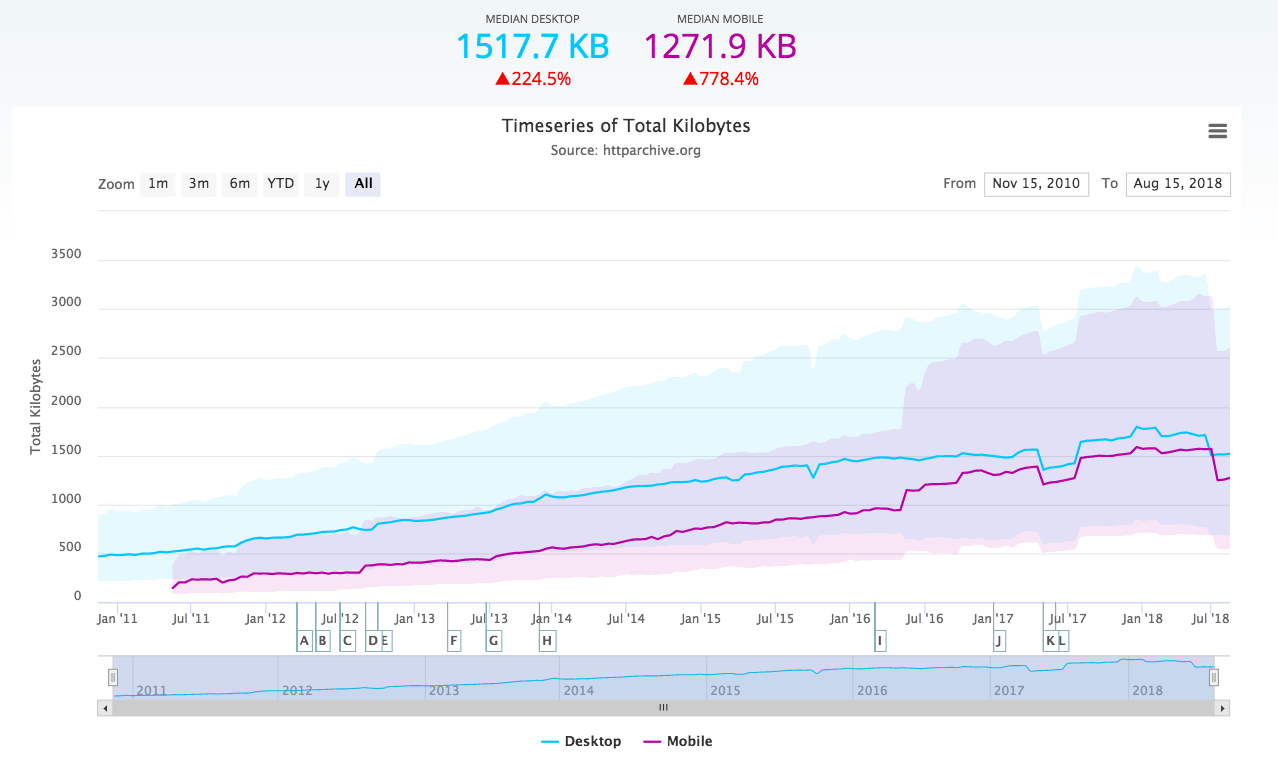 On most social networks, you have to create a username when you sign up. Not only that, that username has to be unique, no duplicates allowed. Facebook on the other hand just takes your real name, no username, and it doesn’t matter if there’s someone already on the site with the same name as yours.
On most social networks, you have to create a username when you sign up. Not only that, that username has to be unique, no duplicates allowed. Facebook on the other hand just takes your real name, no username, and it doesn’t matter if there’s someone already on the site with the same name as yours.
There are probably hundreds of factors that add up to explain Facebook’s success, but the question is if using real names instead of usernames isn’t one of the key features that have helped Facebook grow as large as it has.
We think there are three main reasons why using real names and not requiring usernames has helped Facebook grow bigger than any other social network on the planet.
It has made it easier to sign up
By removing the need to think of a unique username, Facebook has made it easier to sign up. Just enter your actual name, there is no threshold where you have to think of a good username.
It also lessens the risk of initial frustration during the signup process. You won’t have to spend time thinking up a great username only to have the site tell you, “sorry, that username is already taken.”
Which leads us to…
It has removed the duplicate username dilemma
The larger the user base of a site becomes, the more of a problem usernames will become. It will be harder and harder to find good, unique usernames because the name space is too saturated. Compare it to the way many struggle to find a good .com domain name for their site these days because so many variations are already taken.
Could this be one of the reasons Facebook has been able to grow to such an unprecedented size? Remember MySpace? It didn’t grow much past 100 million users. The latest number from Facebook is 350 million active users.
If Facebook enforced unique usernames it may never have grown into the hundreds of millions, because there would have been too much username overlap.
It has made it easier to connect with people
Then of course there’s the big social thing about using your real name, connecting you with real people you know, keeping you in touch with friends and family. Real names and real people.

Facebook’s site interface works very hard to connect you with people you know and you’d be hard pressed to argue that this hasn’t made Facebook all the more addictive and more engaging. And this, of course, also helps the site grow.
Using real names could have worked against Facebook if people had been reluctant to give this information to a website, but the truth turned out to be quite the opposite and made Facebook stand out from the rest of the social network pack by being more personal in that sense.
Final words
Yes, we know what you’re thinking by now: “But Facebook has usernames!”
It does, but that’s ok because it’s just an extra feature added last summer mainly to give you an easy URL to share. It’s in no way mandatory. Straight from the horse’s mouth:
Choosing a username is optional and will give you a distinct Web address for your profile. It will not change the name that appears on your profile, in search or elsewhere on the site.
In summary, by using real names and avoiding (mandatory) usernames Facebook has:
- Made it easier and less frustrating to sign up.
- Made it easier for the user base to grow large.
- Made the site more engaging.
This recipe won’t be right for all sites, and there will always be voices raised about privacy on sites where you enter your real information, but for the social networking aspect of Facebook it has clearly been ideal.


























